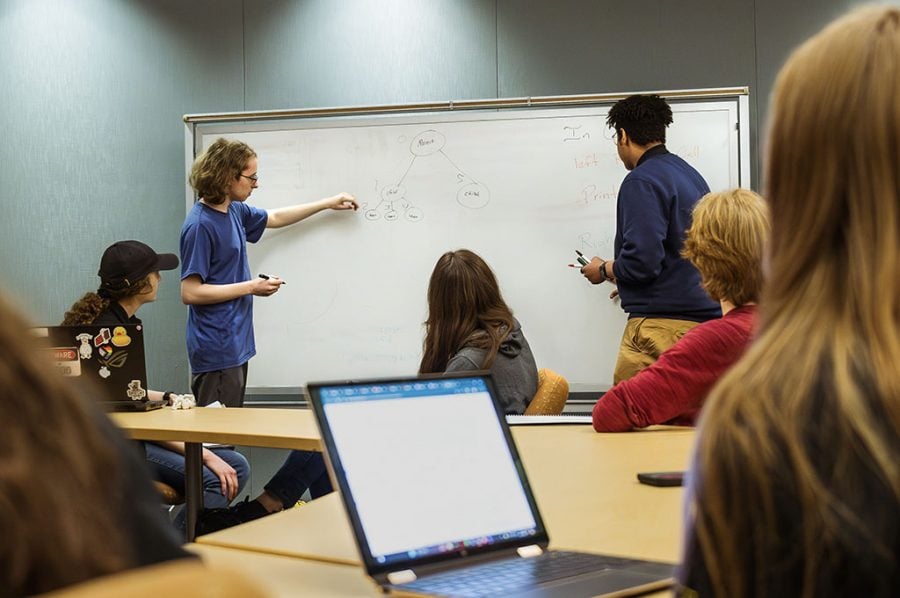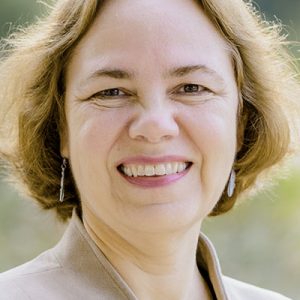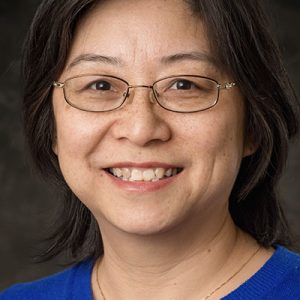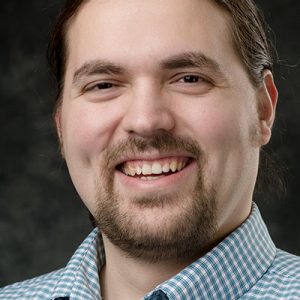
Editor’s note: This article first appeared in Tech Today and was authored by the Jackson Center for Teaching and Learning.
College of Computing Dean Dennis Livesay has selected Nilufer Onder, Ruihong Zhang, and Gorkem Asilioglu as this week’s featured instructors in the Deans’ Teaching Showcase. The trio is being acknowledged for their outstanding work in creating, leading and growing the Student Academic Mentor (SAM) program.
They will be recognized at an end-of-term event with other spring showcase members and are candidates for the CTL Instructional Award Series.
From left, Nilufer Onder, Ruihong Zhang, and Gorkem Asilioglu have been recognized for their work to establish the Student Academic Mentors program known as SAM.
The SAM program started in 2017 as a support initiative aimed at enhancing student success and retention. The program has two interrelated goals: providing peer teaching support and providing informal peer mentoring to students. SAMs are undergraduate students assigned to a particular course who work closely with the course instructor to stay in sync with topics being covered and upcoming assessments. Faculty mentor SAMs in both course-specific teaching methods and common challenges faced by students. In turn, SAMs schedule and run help sessions that include tutorials, homework help, and exam reviews. All SAMs and participating faculty come together weekly for mentor training, exchanging ideas, and sharing views.
In fall 2024, there were 20 SAMs supporting four core courses across the Department of Computer Science (CS). A total of 12 weekly sessions, each lasting 90 minutes, were held. Approximately 30-40 percent of students in the supported courses attended the SAM sessions.
SAMs report that they enjoy teaching others new things, creating positive experiences, watching students grow, seeing people realize how things work, helping students answer their own questions with strategic responses, and helping students understand topics that they once thought impossible for them to learn. SAMs also like making friendly peer connections and having conversations about interesting course topics.
According to the SAMs, the help sessions benefit students by:
- “giving them a socially relaxed space to learn”
- “becoming a chill homework hangout”
- “offering help that adapts to their learning style”
- “being much more convenient and accessible compared to office hours”
- “showing how stress-free asking questions can be”
- “being usually less intimidating or scary for students than talking to the professor”
- “providing a more personal experience where students can feel safer expressing their misunderstanding”
- “teaching how to better leverage debugging tools”
- “instilling more confidence and (meaningful) connections with classmates”
- “providing advice about the course and insight into other courses”
A current SAM who attended help sessions for four courses as a student summarized their overall experience as “not just learning the course materials, but learning the value of peer-to-peer mentorship.”
The students attending the SAM sessions praised their experience as well. “I had reassurance that I was doing things the right way,” said one. “It really helped me grasp the concepts that couldn’t be touched on in depth during lectures,” said another. “I got really helpful explanations,” said a third. Students appreciated getting tips from students with more class experience and understanding of the material. As one comment read, “It really helped to have topics taught to me in a different way, from the perspective of another student.”
The SAM program faculty are very thankful for CS Department Chair Zhenlin Wang and College of Computing Dean Dennis Livesay for their strong support of the program. They would also like to thank all the SAMs who have served over the last eight years, describing them as dedicated, ambitious, forward-looking and amazing people who far exceeded expectations.
“To me, this is a win-win,” said Livesay. “The SAMs are definitely helping the students in the courses they assist with, and I’m really impressed by their thoughtfulness and dedication. They are clearly embracing their mentoring roles.”
Wang agreed. “The SAM program provides our students with the much-needed small class experiences. I am grateful to Nilufer, Ruihong, and Gorkem for dedicating many evening hours to mentoring the SAMs and listening to their feedback. They exemplify the CS faculty’s commitment to putting students first.”
About the College of Computing
The Michigan Tech College of Computing, established in 2019, is the first academic unit in Michigan dedicated solely to computing, and one of only a handful such academic units in the United States. The college is composed of two academic departments. The Computer Science department offers four bachelor of science programs in computer science, cybersecurity, data science, and software engineering; four master of science programs in applied computer science, computer science, cybersecurity, and data science; and a doctoral program in computer science. The Applied Computing department offers four bachelor of science programs in cybersecurity, electrical engineering technology, information technology, and mechatronics; and two master of science programs in health informatics and mechatronics. The college also helps to administer an interdisciplinary doctoral program in computational science and engineering.
Questions? Contact us at computing@mtu.edu. Follow the College of Computing on Facebook, Instagram, LinkedIn and Twitter.


